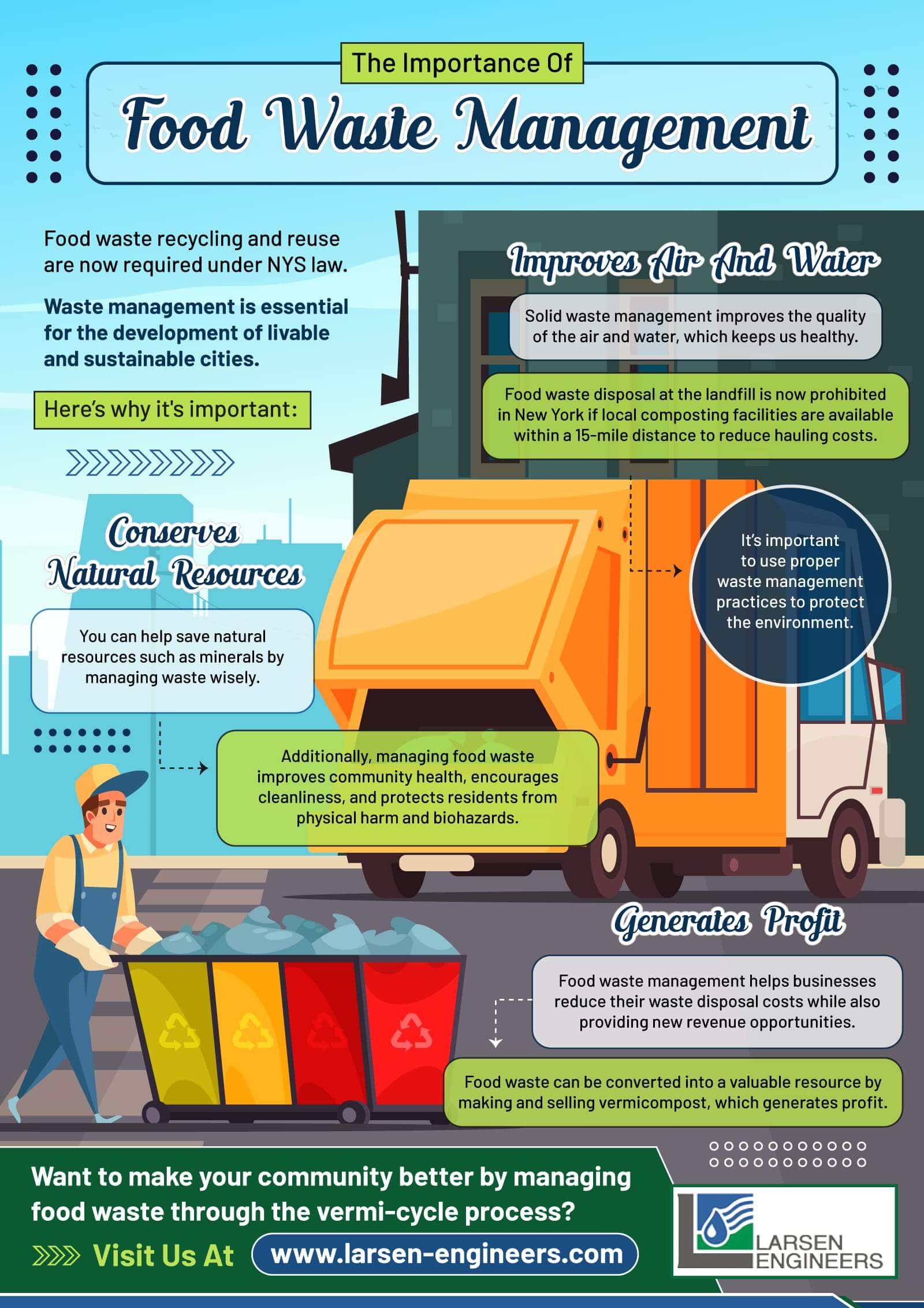Top Guidelines Of Reclaim Waste
Top Guidelines Of Reclaim Waste
Blog Article
Reclaim Waste Can Be Fun For Everyone
Table of ContentsThe Buzz on Reclaim WasteSome Ideas on Reclaim Waste You Should KnowThe Ultimate Guide To Reclaim WasteThe Main Principles Of Reclaim Waste The Buzz on Reclaim Waste
Domestic sewage waste refers to the waste and items from a domestic septic container. The appropriate management and disposal of residential sewer waste need fluid waste to be transferred to a sewage treatment plant where the proper methods and devices are used to detoxify and dispose of waste.
Commercial waste usually includes possible risks, such as combustible products or a blend of fluid and solid waste products, and calls for a more sophisticated and detailed disposal process. The disposal of industrial waste generally includes the purification of waste before transportation to ensure safe and correct disposal. Hazardous waste is produced from byproducts and runoff of commercial processes and production.
This type of waste can not utilize the very same sewer management transport or processes as septic or industrial liquids. The industrial waste monitoring procedure requires the examination and testing of liquid waste before it goes through the disposal process (liquid waste removal melbourne). Drainage waste is the liquid waste that comes from drainage and excess stormwater in extremely booming locations or cities
Overflow waste can cause contamination and flooding if not handled appropriately. Making sure appropriate waste management can stop catastrophes and reduce ecological injury.
The Ultimate Guide To Reclaim Waste
Contact PROS Solutions today to discover our waste management and disposal services and the appropriate ways to take care of the liquid waste you produce.
(https://www.pageorama.com/?p=reclaimwaste1)Do you know what takes place to your water when you disengage, flush the commode or drain pipes the cleaning device? No? Well, it deserves knowing. This supposed 'wastewater' is not only a vital source however, after treatment, will be released to our land, rivers or the ocean. Made use of water from bathrooms, showers, baths, kitchen area sinks, washings and industrial processes is referred to as wastewater.

water utilized to cool equipment or clean plant and tools). Stormwater, a kind of wastewater, is runoff that streams from agricultural and city areas such as roofs, parks, yards, roadways, paths and seamless gutters into stormwater drains pipes, after rain. Stormwater flows without treatment straight to local creeks or rivers, eventually reaching the sea.
Not known Factual Statements About Reclaim Waste
In Queensland, the majority of wastewater is treated at sewage therapy plants. Wastewater is delivered from domestic or industrial sites via a system of drains and pump terminals, referred to as sewage reticulation, to a sewage therapy plant. Local governments develop, preserve and run most sewage treatment plants. Operators are accredited under the Environmental Defense Act 1994 to release cured wastewater at an appropriate environmental standard right into rivers.
The Division of Natural Resources suggests city governments concerning handling, operating and keeping sewage systems and treatment plants. In unsewered areas, city governments may call for owners to install individual or home sewage therapy systems to deal with domestic wastewater from bathrooms, kitchen areas, shower rooms and laundries. The Division of Natural Resources authorises using household systems when they are shown to be reliable.
In some new communities, therapy of some stormwater to get rid of litter, sand and gravel has actually begun utilizing gross toxin catches. Wastewater treatment occurs in four phases: liquid waste disposal Eliminates solid matter.
Wastewater then moves into large tanks where solids settle and are gotten rid of as sludge. Grease and residue are skimmed from the surface area. Utilizes small living organisms referred to as micro-organisms to break down and get rid of staying dissolved wastes and great fragments. Micro-organisms and wastes are included in the sludge. Removes nitrogen and phosphorus nutrients that might create algal blooms in our rivers and threaten water life.
The Main Principles Of Reclaim Waste
Nutrient removal is not offered at all sewer treatment plants because it needs costly specialist equipment. Clear liquid effluent produced after treatment might still consist of disease-causing micro-organisms - liquid waste removal melbourne.

This generally suggests wastewater needs to be dealt with or contaminants gotten rid of prior to it can be discharged to rivers. A lot of wastewater streams into the sewage system. Under the Act, city governments provide approvals and licences for environmentally relevant tasks (ERAs) involving wastewater launches that may have a local impact. The division provides authorizations and permits to Ages involving wastewater launches that might have a local or statewide effect.
Reclaim Waste Things To Know Before You Get This
Tracking provides accurate info concerning water top quality and can verify that permit problems are being satisfied. The info acquired through monitoring gives the basis for making water quality decisions.
Report this page